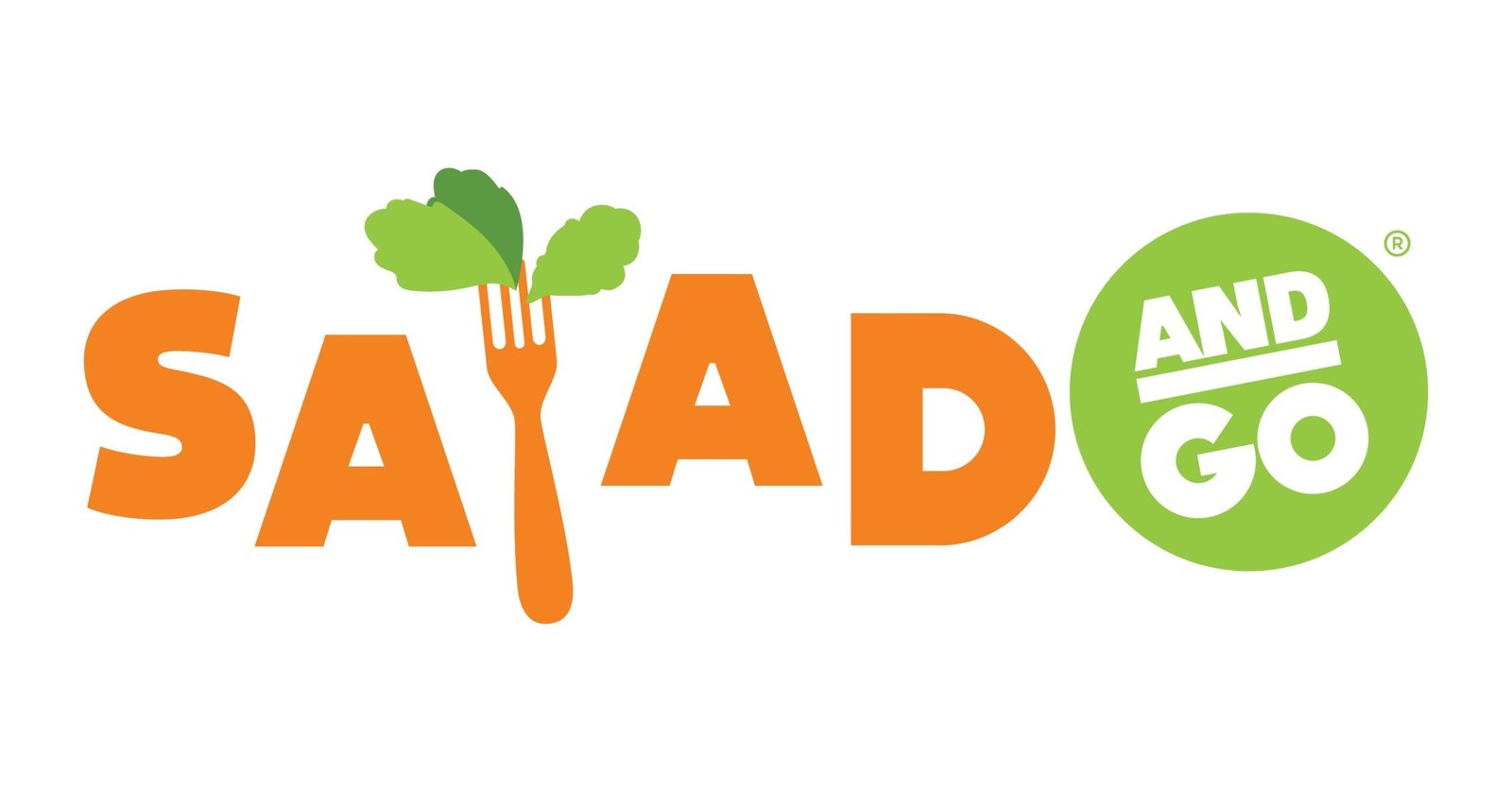Introduction
In the modern era, where nutritional information inundates every corner of our lives, understanding the various diet variations and their health impacts becomes imperative. From veganism to paleo, the choices seem endless, each promising unique benefits. But how do these dietary variations truly affect our health? In this comprehensive guide, we delve into the intricacies of different diets and their implications on overall health.
Understanding Diet Variations and Health Impacts
Embarking on a journey towards a healthier lifestyle often begins with dietary modifications. Let’s explore various diet variations and their respective impacts on health.
Plant-Based Diets: Nurturing Health and Sustainability
Plant-based diets have gained significant traction in recent years, not only for their health benefits but also for their environmental sustainability. By emphasizing whole grains, fruits, vegetables, nuts, and seeds while minimizing or eliminating animal products, plant-based diets offer a plethora of health advantages. Studies have shown that adhering to a plant-based diet can reduce the risk of chronic diseases such as heart disease, diabetes, and certain types of cancer. Additionally, this dietary approach tends to be rich in fiber, vitamins, and antioxidants, further bolstering overall well-being.
Ketogenic Diet: Unraveling the Fat-Burning Phenomenon
The ketogenic diet, characterized by high fat, moderate protein, and low carbohydrate intake, has garnered attention for its potential weight loss benefits and its role in managing certain health conditions. By inducing a state of ketosis, where the body primarily utilizes fat for fuel instead of carbohydrates, this diet aims to promote weight loss and improve metabolic health. However, the long-term effects and sustainability of the ketogenic diet remain subjects of debate among health professionals. While some individuals may experience initial weight loss and improved blood sugar control, others may encounter challenges such as nutrient deficiencies and difficulty adhering to the restrictive nature of the diet.
Mediterranean Diet: A Culinary Journey to Better Health
Inspired by the traditional eating patterns of countries bordering the Mediterranean Sea, the Mediterranean diet is renowned for its emphasis on fresh fruits, vegetables, whole grains, fish, and olive oil. This dietary approach is not only delicious but also boasts an array of health benefits. Numerous studies have linked the Mediterranean diet to reduced risk of cardiovascular disease, stroke, and cognitive decline. Rich in omega-3 fatty acids, antioxidants, and phytonutrients, this diet promotes heart health, supports brain function, and may even contribute to longevity.
Intermittent Fasting: Harnessing the Power of Time-Restricted Eating
Intermittent fasting has emerged as a popular dietary strategy for weight management and metabolic health. By alternating between periods of eating and fasting, intermittent fasting purportedly facilitates fat loss, improves insulin sensitivity, and enhances cellular repair processes. Common methods of intermittent fasting include the 16/8 method, where individuals fast for 16 hours and restrict eating to an 8-hour window, and the alternate-day fasting approach, involving alternating between fasting days and regular eating days. While intermittent fasting shows promise in certain areas, it may not be suitable for everyone, particularly those with certain medical conditions or eating disorders.
Gluten-Free Diet: Navigating the Realm of Gluten Sensitivity
The gluten-free diet has gained popularity in recent years, fueled by claims of health benefits beyond those necessary for individuals with celiac disease or gluten sensitivity. While eliminating gluten-containing grains such as wheat, barley, and rye can be beneficial for those with gluten-related disorders, adopting a gluten-free diet indiscriminately may pose challenges. Without proper planning, individuals on a gluten-free diet may miss out on essential nutrients and fiber found in whole grains. Moreover, gluten-free products often contain higher levels of sugar and fat to compensate for texture and taste, potentially negating any health benefits.
Low-Carb vs. Low-Fat: Debunking Dietary Dichotomies
The age-old debate between low-carb and low-fat diets continues to divide nutrition enthusiasts and health professionals alike. Both dietary approaches have demonstrated efficacy in promoting weight loss and improving metabolic markers, albeit through different mechanisms. Low-carb diets, such as the Atkins diet and the South Beach diet, emphasize restricting carbohydrates in favor of protein and fat, leading to reduced insulin levels and enhanced fat burning. Conversely, low-fat diets advocate for minimizing fat intake while prioritizing carbohydrates and lean protein, aiming to lower cholesterol levels and improve heart health. Ultimately, the most effective diet varies from individual to individual, depending on factors such as metabolic health, personal preferences, and sustainability.
Paleo Diet: Embracing Ancestral Eating Principles
The paleo diet, often referred to as the “caveman” or “hunter-gatherer” diet, harkens back to the dietary habits of our ancestors during the Paleolithic era. Advocates of the paleo diet advocate for consuming whole, unprocessed foods such as lean meats, fish, fruits, vegetables, nuts, and seeds while eschewing grains, legumes, dairy, and processed foods. Proponents claim that this dietary approach aligns with our genetic makeup and may lead to weight loss, improved blood sugar control, and reduced inflammation. However, critics argue that the paleo diet’s restrictive nature may result in nutrient deficiencies, particularly in essential vitamins and minerals.
Vegetarian vs. Vegan: Navigating Plant-Based Pathways
Vegetarianism and veganism represent two distinct dietary lifestyles centered around plant-based eating. While vegetarians abstain from meat, poultry, and seafood, vegans exclude all animal products, including dairy, eggs, and honey. Both dietary patterns offer numerous health benefits, including lower risk of heart disease, hypertension, and certain cancers. However, maintaining a balanced and nutrient-dense diet is crucial for vegetarians and vegans to ensure adequate intake of essential nutrients such as protein, iron, calcium, vitamin B12, and omega-3 fatty acids. Careful meal planning and supplementation may be necessary to address potential nutritional gaps.
Flexitarian Diet: Finding Balance in Moderation
The flexitarian diet, a flexible approach to plant-based eating, combines the health benefits of vegetarianism with the occasional inclusion of meat and seafood. By prioritizing plant-based foods while allowing for occasional indulgences in animal products, the flexitarian diet offers a pragmatic and sustainable approach to healthy eating. This dietary pattern encourages individuals to focus on whole, minimally processed foods while providing flexibility and enjoyment in their food choices. Studies suggest that adopting a flexitarian diet may lead to weight loss, improved metabolic health, and reduced risk of chronic diseases.
DASH Diet: Tackling Hypertension with Dietary Approaches
The Dietary Approaches to Stop Hypertension (DASH) diet is specifically designed to combat high blood pressure and promote heart health. Emphasizing fruits, vegetables, whole grains, lean protein, and low-fat dairy while limiting sodium, saturated fat, and refined sugar, the DASH diet aims to lower blood pressure and reduce the risk of cardiovascular disease. By prioritizing nutrient-rich foods and minimizing dietary contributors to hypertension, such as processed foods and excess sodium, the DASH diet offers a practical and evidence-based approach to improving cardiovascular health.
Conclusion
Navigating the myriad of diet variations can be overwhelming, but understanding their health impacts is essential for making informed dietary choices. Whether you opt for a plant-based approach, embrace intermittent fasting, or follow a Mediterranean-inspired diet, prioritizing nutrient-rich foods and balance is key to achieving optimal health and well-being.




